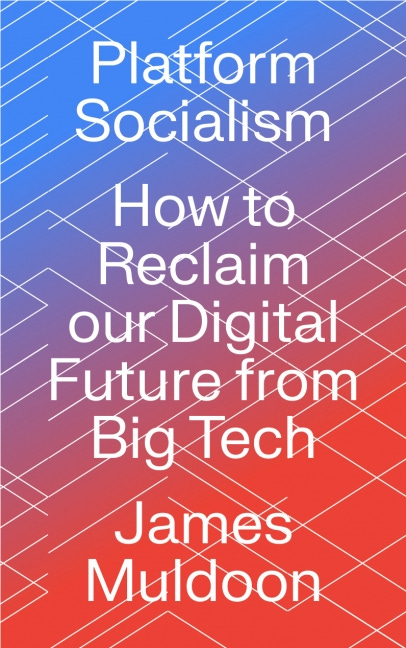A reminder: If you sign up for a paid subscription of The Culture Journalist, you’ll get access to the full version of every episode, including this one, along with a monthly roundup of our best culture recommendations.
Hey friends,
Earlier this month, the online record store Bandcamp rocked the music internet when it announced that the heretofore-independent company had been sold to Epic Games, the North Carolina-based gaming monolith best known as the creator of Fortnite.
Two years into a pandemic that has cratered musicians’ ability to earn a living, the announcement felt like a stunning about-face from a company that people in the biz had started calling the “anti-Spotify”: the rare music platform that allowed artists to monetize their work through direct sales, as opposed to the penurious per-stream payouts that have become the industry norm. (See: our recent episode on Neil Young vs. Spotify).
Through its popular Bandcamp Fridays initiative, where the company forfeited its (already pretty artist-friendly) 10 to 15 percent cut in order to drive more funds to musicians who were stuck at home, Bandcamp established a reputation as a lifeline in an otherwise inhospitable creator economy. And though it remains to be seen if the sale will change any of the fundamentals of the way the platforms operates — Bandcamp, for its part, says it won’t — musicians reacted to the news as though something had been taken away from them, something they believed was theirs.
Damon Krukowski, half of dream pop duo Damon & Naomi and author of the excellent Dada Drummer Almanack blog, summed up the sentiment in a Tweet. “Did we just lose our independent digital record store?” he wrote, noting that Epic Games was 40 percent owned by Tencent, a Chinese technology and entertainment conglomerate that also owns a stake in Spotify.


In another Tweet, Ampled and MetaLabel co-founder Austin Robey pushed the conversation around ownership one step further: “Bandcamp should belong to the artists that made it. It should be a public utility.”
Which brings us to a question we’re going to unpack on today’s episode: Is it possible to imagine a future where the platforms that circumscribe every aspect of our online lives *aren’t* owned by the same handful of for-profit behemoths — companies that have come under fire time and time again for prioritizing shareholder interests and exponential growth over the economic and psychological well being of their users? Is it possible to imagine a world where these tools, from the public square of social media to streaming services and vacation rental apps, are collectively owned and governed by the people who use them?
Our guest — James Muldoon, a senior lecturer in political science at the University of Exeter in the UK and head of digital research at the thinktank Autonomy — says yes. And he’s written a fascinating new book, Platform Socialism: How to Reclaim Our Digital Future from Big Tech, that outlines what such a future might look like, from the formation of small-scale alternatives (think: local rideshare cooperatives instead of Uber), to users democratically voting on the algorithms that shape our experience on platforms like Twitter and Facebook. “Whoever controls the platforms, controls the future,” he writes. “The simple proposition of this book is that it should be us.”
In today’s conversation, which we recorded before the Bandcamp news, we go deep with James on why existing proposals for curbing the enormous power and influence of big tech, such as “breaking up Facebook,” fail to address the root of the problem. We also discuss how even free-to-use platforms extract value from their users; the pitfalls of heralding cryptocurrency and Web3 as the only alternative to the “rentier” relations of Web2; and why we urgently need to widen the Overton window when it comes to imagining what the internet of the future could look like so we can know which changes to agitate for in the present.
And as a special bonus for those of you who tune in: Pluto Press, the publisher of Platform Socialism, is offering a special 30 percent discount on the book just for our listeners. We’ll explain how to take advantage of the offer on the show.
Follow James on Twitter
Read more by James
“Regulating big tech is not enough. We need platform socialism.”
“Facebook is now Meta. And it wants to monetize your whole existence.”
Episodes to peep if you like this one
The fight for a penny per stream, with Joey La Neve DeFrancesco
Five Days in a TikTok mansion, with Barrett Swanson


















Share this post